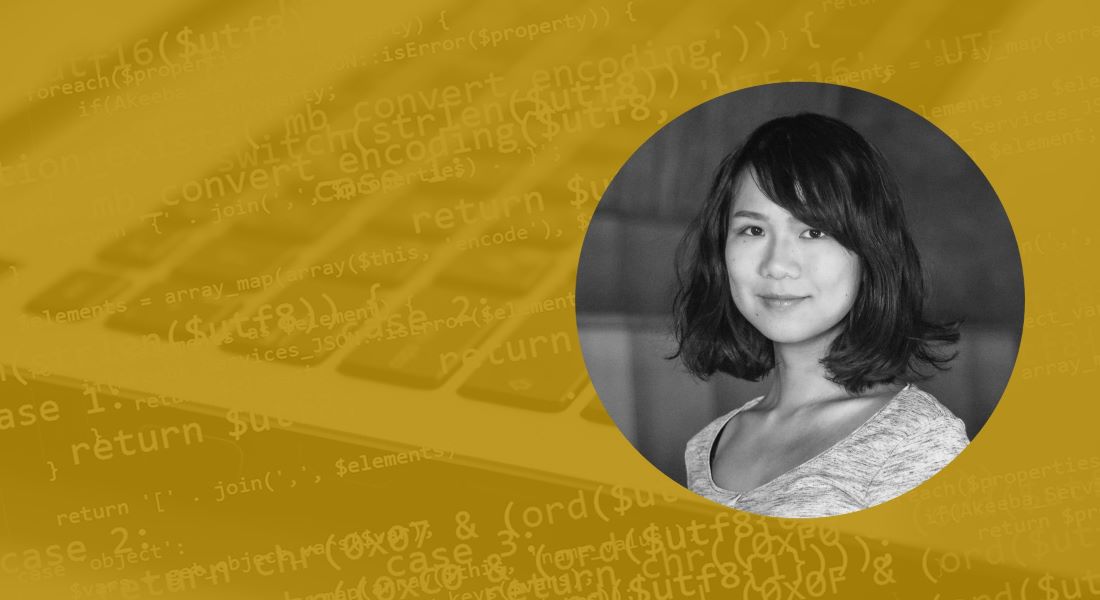Universitetsavisen
Nørregade 10
1165 København K
Tlf: 35 32 28 98 (mon-thurs)
E-mail: uni-avis@adm.ku.dk
Ph.d.-forsvar
Ph.d.-forsvar — On 24 May 2022, Renfei Liu will defend her PhD thesis titled 'Group and Pseudo-group Convolutional Neural Networks - Learning on Curved Spaces with the Application to DWI Segmentation'.
Date & Time:
Place:
Auditorium Lille UP 1, Universitetsparken 1, 2100 København Ø
Hosted by:
Department of Computer Science
Cost:
Free
Group and Pseudo-group Convolutional Neural Networks – Learning on Curved Spaces with the Application to DWI Segmentation
This thesis is a compilation of a series of works generalizing convolutional neural networks to curved spaces in the application to DWI segmentation. We propose two types of generalization: generalizing to pseudo-group convolutions and full group convolutions. In the pseudo-group setup, we segment a DWI scan by classifying individual voxels, which are interpreted as spherical functions. In this case, the spherical functions are interpreted as functions on a general manifold. Thus, the function ns are locally lifted to tangent spaces, and convolutions are done in these tangent spaces. The lifting of the functions and the convolutions are done in a rotational way to take into account the different orientations of the functions caused by the path dependency of parallel transport on manifolds. This path dependency is then eliminated by summarizing all the rotations.
The segmentation/classification is then done by feeding the summarized features to a fully connected layer. This setup is not equivariant. In the full group setup, we segment a DWI scan by 1) looking at one individual voxel at a time 2) considering the neighboring grid of a voxel. In both cases, the underlying spaces of the functions are homogeneous spaces of the groups they are later lifted to, and full group convolutions are done in these groups. A summarization of the rotation symmetries is then performed, after which the summarized features are fed into a fully connected layer for segmentation/classification purposes. This setup is equivariant. We design networks that take into account different types of symmetries of the data. By gradually incorporating more of these symmetries in the network, we provide a detailed study of the impact of these symmetries on the performance of the task.
Supervisors
Principal Supervisor Kenny Erleben
Co-Supervisor Sune Darkner
Professor Jon Sporring, Department of Computer Science
Professor Aasa Feragen, DTU Compute
Professor Remco Duits, Eindhoven University of Technology
Mads Nielsen, Department of Computer Science
For a digital copy of the thesis, please visit https://di.ku.dk/english/research/phd/.
